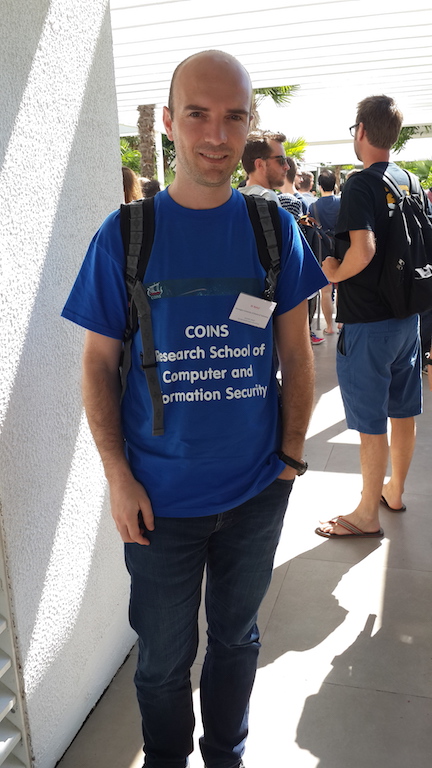The Blockchain Summer School was held at IT University of Copenhagen on 12-16 August 2019. The Summer School was an initiative of the European Blockchain Center and run jointly for the fourth year by faculty members from IT University of Copenhagen, Copenhagen Business School and Copenhagen University.
While blockchain-based applications such as Bitcoin are still in their infancy, a dramatic increase in industrial and academic interest in blockchain technology is evident. In addition, start-ups, as well as industry initiatives, are presently working intensely on blockchain-based innovations, making the technology one of the most promising drivers of innovation in many sectors and industries. However, the design and implementation of blockchain-based systems requires know-how in several areas, as well as mindful consideration of larger economic and societal issues. These objectives provided the starting point for this summer school.
In this fourth blockchain summer school organized by the European Blockchain Center, they focused on educating students in blockchain technology to develop solutions within different industries. The participants learned how blockchain technology is disrupting existing business models and gained insights in paradigmatic changes occurring from economic, organisational and computer science viewpoints. As learning outcomes, the participants were submerged into computer science, information systems, and business knowledge background in order to analyse existing business processes and their potential to convert them into blockchain-based solutions. In so doing, they were able to co-create new blockchain-based systems, taking into consideration both cryptographic and economic aspects.
Within the summer school, participants learned how to set up a development environment and how to work with proven platforms such as Ethereum, NEO and others. They were able to design and implement their own smart contracts and coded their own Dapps (decentralized apps).
Once basic blockchain elements have been introduced, participants worked on their own blockchain development projects, supported by the participating industry partners. The outcomes were functioning demonstrators, as well as a written documentation and reports that illustrated the business process or mechanism realized in a blockchain implementation and how, in so doing, a real-world challenge was addressed.
In contrast to the three successful Blockchain Summer Schools in 2016 to 2018, this year lifted it to the next level by establishing three parallel tracks: Basic, Advanced and Improving blockchain / DLT systems as a technology.
An amount of 5 ECTS was provided to PhD students who successfully pass the exam. To pass the exam participants presented their blockchain solutions at the end of the summer school and defended these. In addition, they produced 15 pages of report after the summer school and/or wrote a paper that is to be submitted to an academic outlet, such as conference or journal, coached by the summer school organisers. The presentation, report as well as the working paper were mandatory deliverables and after they have been assessed at a satisfactory level, the ECTS points were granted and a certificate issued.
Independently, all participants received a certificate that they participate in the summer school.
COINS supported Befekadu Gebraselase to attend the Blockchain Summer school in Copenhagen, Denmark.

